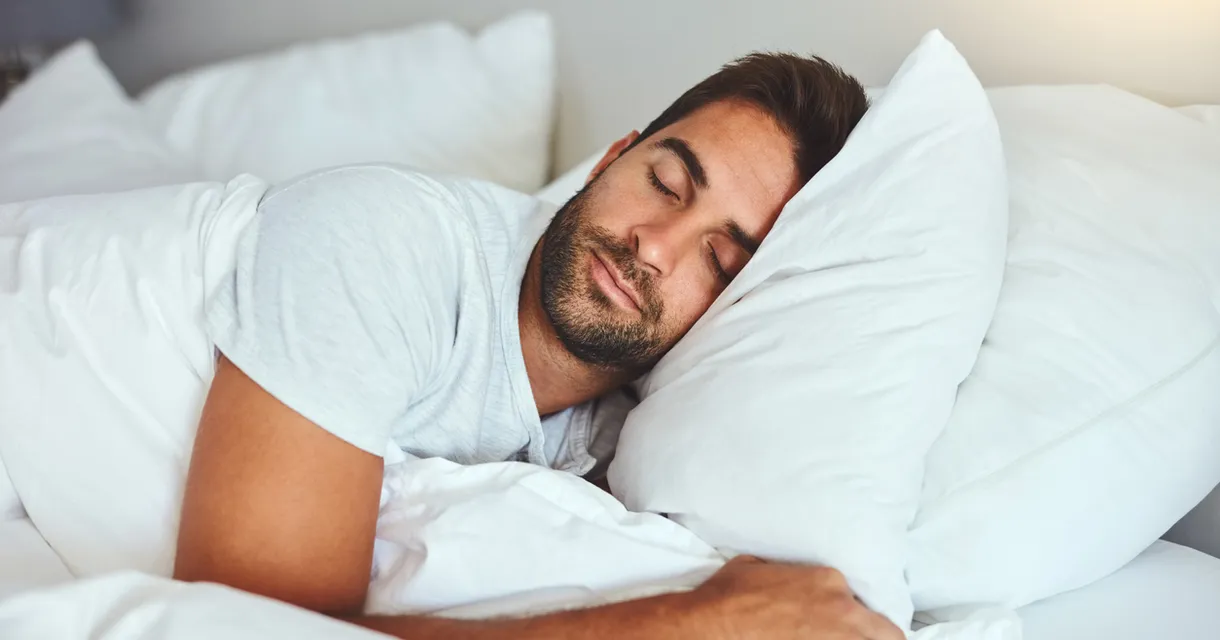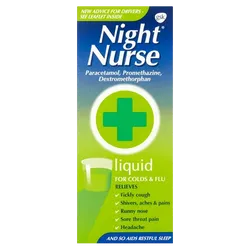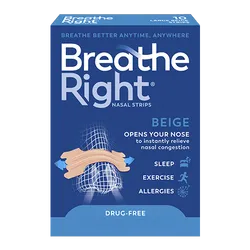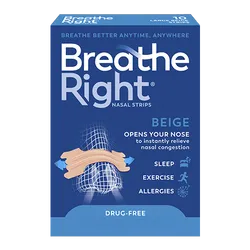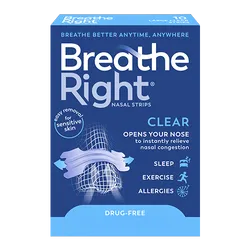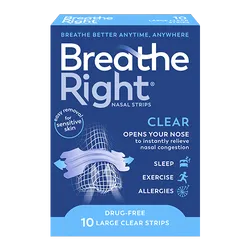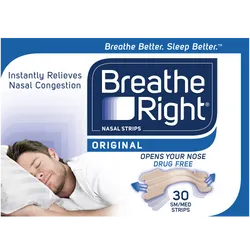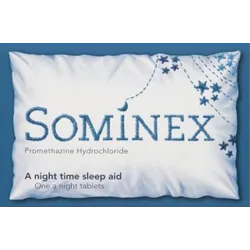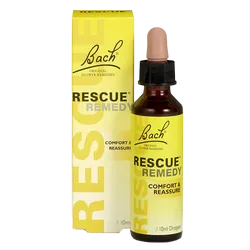Getting a good night’s sleep is important to both our physical and mental wellbeing, however it is not always as easy as it seems. It has been reported that as many as 31% of adults in the UK suffer from insomnia, two-thirds suffer from disrupted sleep and almost a quarter of adults do not manage more than 5 hours of sleep a night. The NHS recommends that adults should be getting between 6 and 9 hours of sleep per night.
Why is Sleep Important?
Sleep is essential in the functioning of our bodies. The benefits of a good night's sleep are multifaceted. A lack of sleep can have a direct effect on both our physical and mental wellbeing. Sleep allows our body to repair itself, consolidate memories, and regulate growth and appetite. If sleep is cut short so are these processes.
Lack of sleep and weight gain
A lack of sleep may result in weight gain. This is because sleep plays an important role in maintaining a healthy hormone balance that allows appetite to be regulated. Studies have shown that those getting a good night’s sleep are likely to eat fewer calories throughout the day than those who have not had a good night’s sleep. Eating more calories in a day can therefore lead to increased weight gain.
Productivity
Sleep can also affect productivity and concentration. You may have felt this yourself, if you do not get a good night’s sleep you may not be able to concentrate, make decisions, or solve problems. In some cases, you may have accounted this to a lack of motivation, something that a lack of sleep can also have a negative impact on however, it is likely much more than this. Studies have shown that sleep deprivation can impair cognitive performance to the same level that the consumption of alcohol does. This can be a potentially life-threatening side effect of sleep deprivation; this is because people often drive despite a lack of sleep. These slower response times and a lack of concentration can then lead to car accidents.
Physical Performance
The benefits of a good night’s sleep do not just stop at cognitive function and appetite regulation, sleep can also help your body to physically function more effectively. By not sleeping for between 6 and 9 hours, the time your body has to repair itself is cut short. While you are sleeping, your body repairs your muscles, helping to reduce inflammation and pain. This will allow your physical performance to be enhanced, in comparison to if you did not have a good night’s sleep. Studies show that grip strength can be affected, as well as speed and endurance.
Health Risk
Not only does a lack of sleep affect the way on which your body performs physically, it can actually lead to an increased risk of developing certain health conditions. Those who do not gain between 6 and 9 hours of sleep on a regular basis are at an increased risk of heart disease, strokes, and diabetes. This is because the body carries out important processes while we sleep. Sleep allows the heart and blood vessels to be repaired; if this is not done a person is at higher risk of heart disease. In addition to this, sleep helps to control insulin levels. If this is interrupted, blood sugar may be higher than normal resulting in diabetes. A lack of sleep can also cause people to become ill with less serious conditions such as colds and viruses more frequently. This is because not getting enough sleep can impair the immune system, making you more susceptible to illness.
Mental Wellbeing and Mood
In addition to physical health, sleep deprivation also affects our mental wellbeing; it has been linked to an increased risk of poor mental health. Prolonged periods of insomnia can lead to the development of depression and is in many cases linked to psychological stress of some kind. The Great British Sleep Survey launched in 2011 by Sleepio asked over 6000 participants questions regarding their sleep. The results showed that those who suffer from insomnia are 4x more likely to experience relationship issues. This means that they may have difficulty maintaining relationships with friends, family, and partners. This in itself is linked to low moods and eventually to depression in some cases.
In addition to this, 80% of participants who reported suffering from insomnia, also reported frequently feeling low in mood. This figure was 3x higher than those who reported sleeping well. 95% of participants who suffered disturbed sleep also reported low energy levels. Low energy levels can often cause people not to participate in exercise; an activity proven to help reduce stress and the risk of developing depression.
Top Tips for Better Sleep
During the COVID-19 pandemic, sleep is especially important as many people’s routines have been affected as they have been asked to avoid social interactions and work from home. Staying in the house for prolonged periods of time and reducing social interactions can cause low mood and breed bad habits. A change in routine can influence sleeping habits and the added stress of unexpected changes, such as remote working or children being off school, can cause sleep deprivation. When working from home it can be especially hard to concentrate; as sleep has a direct correlation to productivity and concentration, it is important to ensure you are getting between 6 and 9 hours of sleep per night. (This article was accurate at the time and date of writing 1 June 2020. With coronavirus information, restrictions and guidance subject to change, please check the government's site for updated information).
So now you know the importance of sleep and what the benefits of a good night’s sleep are, you may be thinking ‘how do I get a good night’s sleep?’ We have put together a list of helpful tips for better sleep!
- Maintain a sleep schedule - going to bed and waking up at the same time every day (even on weekends) helps to regulate your body clock.
- Create a bedtime ritual - your bedtime routine helps your body to wind down for the evening and signals that it is time to go to sleep soon. Your ritual may include a hot bath as well as a calming activity such as reading. You should avoid any activities that cause stress or excitement for up to 2 hours before sleeping.
- Optimise your sleeping environment - creating a sleep environment that is cool, dark, and free from noise and distractions can help to improve sleep. In addition to this, you should ensure your mattress and pillows are comfortable and supportive.
- Avoid naps - napping during the day can upset your body clock causing you difficulty sleeping at night.
- Exercise daily - exercise has been shown to help regulate the body and help people to sleep better at night.
- Avoid bright light at night - bright lights help people to feel more awake. You should try to expose yourself to bright light first thing in the morning and throughout the day to maintain alertness however, you should avoid bright lights in the evening in order to signal to your body that it is time to sleep soon. Closing your curtains will help avoid early mornings when the sun rises and can wake you up. It is especially important to avoid blue light emitted from devices such as laptops and smartphones.
- Avoid alcohol, cigarettes and large meals in the evening - all of these things can cause you to have difficulty falling asleep or result in disrupted sleep.
- If you cannot sleep, leave the bedroom and carry out a relaxing activity - in order to ensure that the bedroom is not associated with disrupted sleep, if you cannot sleep you should leave the room and go and do a relaxing activity such as reading (in low light).
- Do not consume caffeine late in the day - caffeine causes the body to become alert. Avoiding any caffeine after 5 pm helps to ensure that your sleep will not be negatively affected.
- Take a sleeping aid - if you are still having difficulty sleeping, you may want to try taking a sleeping aid. There are a range of sleeping aids including medicinal and natural sleep supplements. The Nytol One-a-Night tablets contain diphenhydramine hydrochloride which blocks the normal actions of histamine, the chemical that stimulates arousal-promoting areas of the brain. This helps reduce alertness and promote that first drowsy stage of sleep. And once in that first stage of sleep, most people drift off naturally into a restful deeper sleep. For a more natural approach to sleep, they also offer Nytol Herbal tablets. They contain hops, valerian, and passionflower herb specifically selected for their sleep-inducing properties.
If you still find you have difficulty sleeping, contact your GP for further advice.
How to Sleep in the Heat
Sleeping in hot weather can be difficult, even for those who usually sleep well. There are however, some further steps you can take to help make sure you’re still getting a good night’s sleep no matter how hot it is outside.
- Take a cool bath or shower before bed - this can help to cool the skin temperature, keeping you cool at night.
- Soak your feet in cold water before bed - doing this ten minutes before you go to bed can help your body to remain cool.
- Apply cold flannels or ice packs to your underarm or groin areas for a short period of time - the blood runs closest to the skin in these areas therefore applying something cool will help to reduce your temperature.
- Remove excess clothing or bedding - sleeping in thick pyjamas or with winter bedding can cause you to be unnecessarily hot. Either sleep naked or wear thin, breathable pyjamas to cool down. You should also ensure bed sheets are thin and breathable. Cotton is a good choice for this.
- Do not exercise just before bed - this can increase your internal temperature. You should try to exercise early on in the day if possible.
- Do not eat hot or spicy meals just before bed - this can again increase your internal temperature.
- Make sure your sleeping environment is as cool as possible. Open the windows to let in air. You may also want to use a fan or air conditioning.
- Drink plenty of water - water can help you to feel refreshed and cool when you are too hot. Keep a glass of water by the bed so that you are able to cool down if you are too hot to sleep.
- Maintain routine - routine is one of the most important factors in getting a good night’s sleep. One of the most important things to do when trying to sleep in hot weather is to maintain your normal bedtime routine and sleep schedule. This will help to keep your body clock regulated and allow you to fall asleep more easily.
So there you have it, our top tips on how to get a good night’s sleep...no matter what the temperature!
For more information or for helpful advice on sleeping, give us a call or visit one of our local pharmacy stores. If you feel you may need medical help for a sleep disorder, contact your GP.
